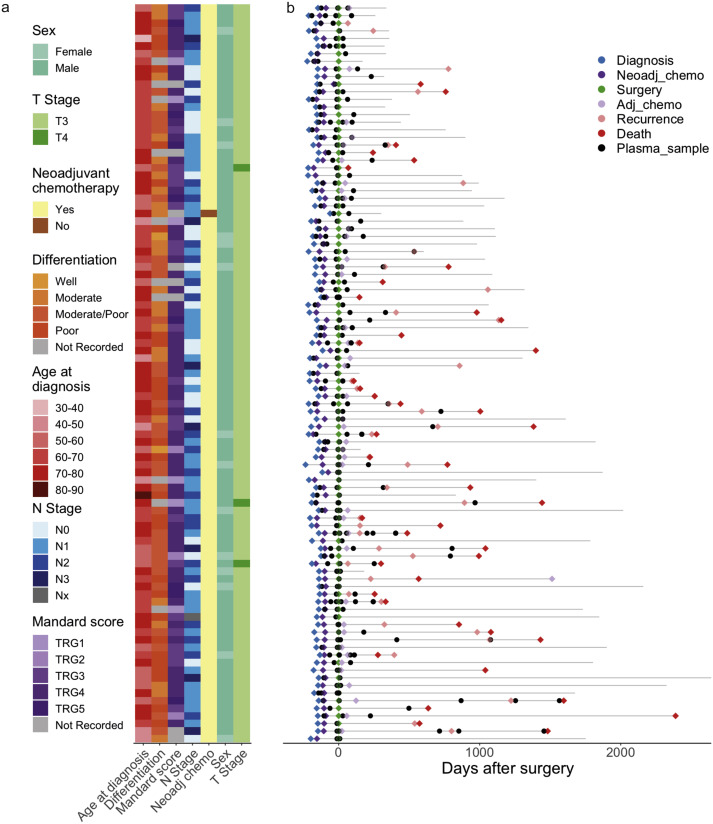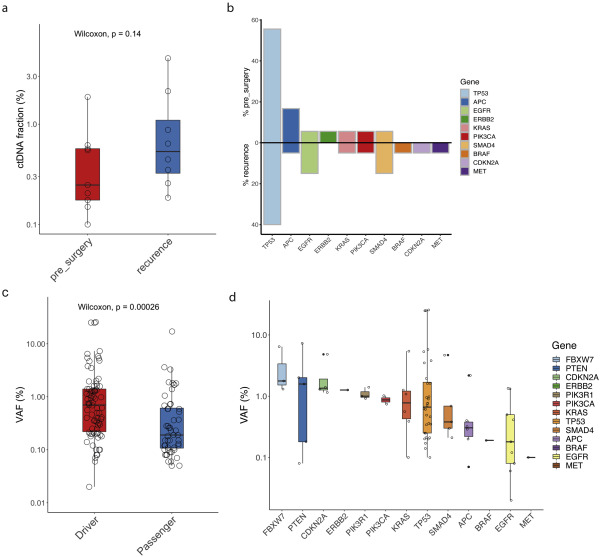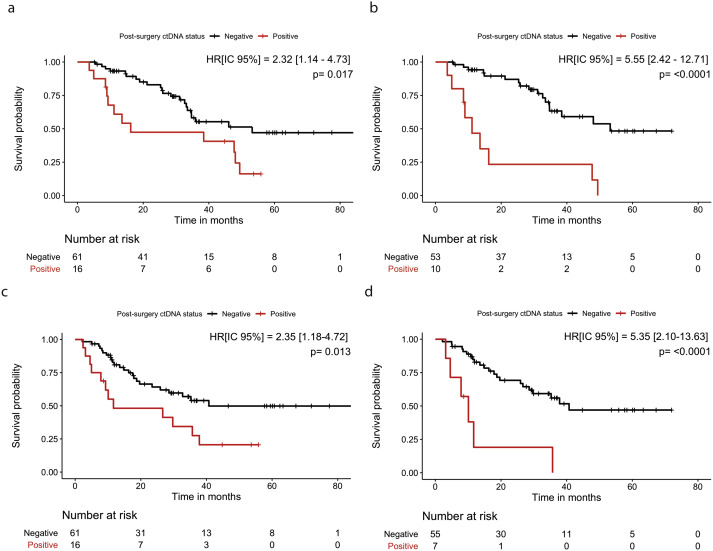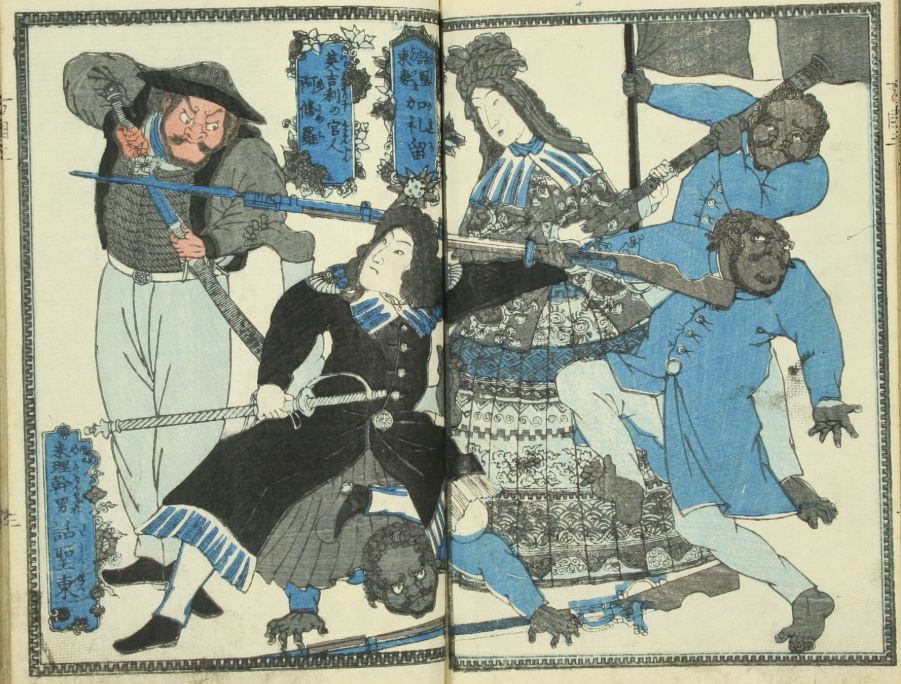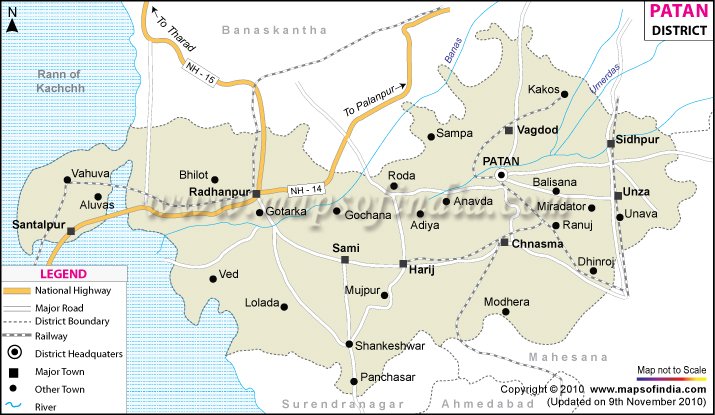
Folks, we need to talk about this Vitamin D trial. I have no stake in this game - take Vitamin D if you want but this pre-print is super sus.



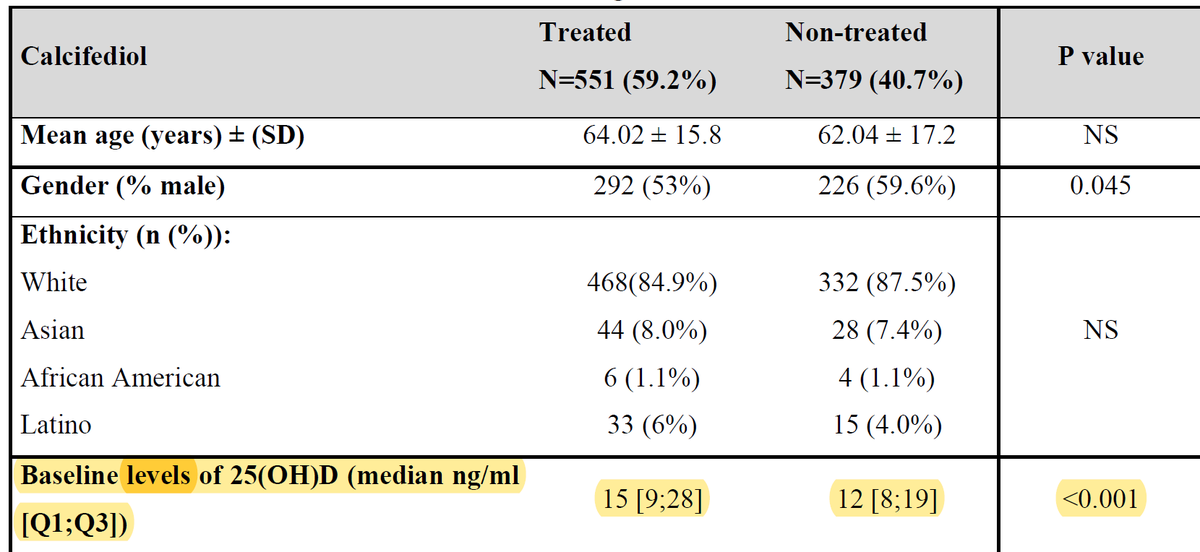
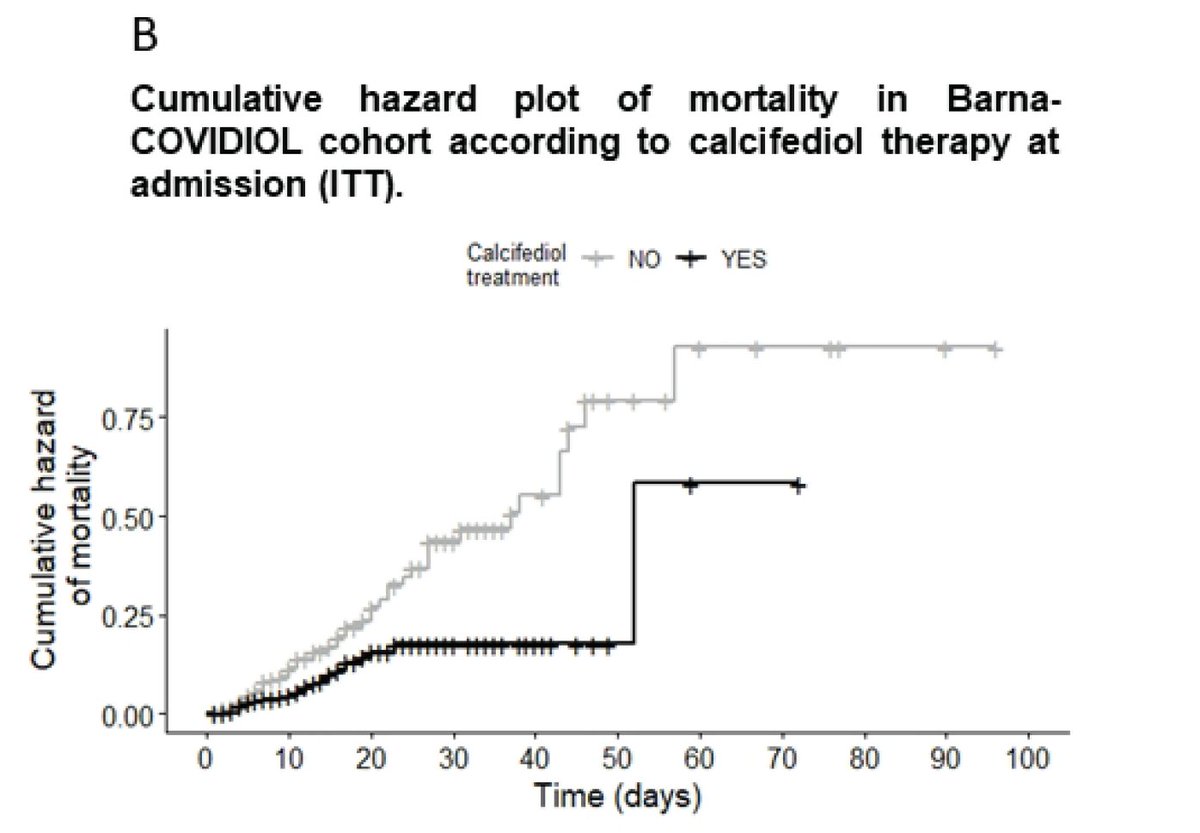
https://t.co/XVmsiajpBr
Trust me- vitamin D > vaccine . @foundmyfitness been preaching this from the start. 4000 iu daily \u203c\ufe0f\u203c\ufe0f https://t.co/2oSgJ3KdwB
— Harry Grant (@Harrygrant123) February 14, 2021
More from Health
Public Health Scholarships
This may help for those considering MS/PhD in Public Health
1. The Erasmus Mundus Joint Master Degree in Public Health in Disasters
https://t.co/1Z5qpstsSu
2. Afya Bora Global Health
3. Carl Duisberg Scholarships
https://t.co/HnNXdbWBxy
4. Commonwealth Scholarships for Developing Countries
https://t.co/3fWGf5b2OH
5. Fellowships in Public Health & Tropical
6. Fellowships to Promote Mental Health Journalism
https://t.co/MVV9PFsBJ1
7. 2021-22 Jeroen Ensink Memorial Fund
8. Paul S. Lietman Global Travel Grant for Residents & Fellows
https://t.co/qK76R495QT
9. Global Health Internships and Funding
https://t.co/FD9Gh2wXvO
10. Kofi Annan Global Health Leadership
11. MA in European Public Health
https://t.co/5x0Vr7b1j8
12. MSc in Public Health Scholarships - Maastricht University,
This may help for those considering MS/PhD in Public Health
1. The Erasmus Mundus Joint Master Degree in Public Health in Disasters
https://t.co/1Z5qpstsSu
2. Afya Bora Global Health
3. Carl Duisberg Scholarships
https://t.co/HnNXdbWBxy
4. Commonwealth Scholarships for Developing Countries
https://t.co/3fWGf5b2OH
5. Fellowships in Public Health & Tropical
6. Fellowships to Promote Mental Health Journalism
https://t.co/MVV9PFsBJ1
7. 2021-22 Jeroen Ensink Memorial Fund
8. Paul S. Lietman Global Travel Grant for Residents & Fellows
https://t.co/qK76R495QT
9. Global Health Internships and Funding
https://t.co/FD9Gh2wXvO
10. Kofi Annan Global Health Leadership
11. MA in European Public Health
https://t.co/5x0Vr7b1j8
12. MSc in Public Health Scholarships - Maastricht University,
You May Also Like
Trending news of The Rock's daughter Simone Johnson's announcing her new Stage Name is breaking our Versus tool because "Wrestling Name" isn't in our database!
Here's the most useful #Factualist comparison pages #Thread 🧵

What is the difference between “pseudonym” and “stage name?”
Pseudonym means “a fictitious name (more literally, a false name), as those used by writers and movie stars,” while stage name is “the pseudonym of an entertainer.”
https://t.co/hT5XPkTepy #english #wiki #wikidiff
People also found this comparison helpful:
Alias #versus Stage Name: What’s the difference?
Alias means “another name; an assumed name,” while stage name means “the pseudonym of an entertainer.”
https://t.co/Kf7uVKekMd #Etymology #words
Another common #question:
What is the difference between “alias” and “pseudonym?”
As nouns alias means “another name; an assumed name,” while pseudonym means “a fictitious name (more literally, a false name), as those used by writers and movie
Here is a very basic #comparison: "Name versus Stage Name"
As #nouns, the difference is that name means “any nounal word or phrase which indicates a particular person, place, class, or thing,” but stage name means “the pseudonym of an
Here's the most useful #Factualist comparison pages #Thread 🧵

What is the difference between “pseudonym” and “stage name?”
Pseudonym means “a fictitious name (more literally, a false name), as those used by writers and movie stars,” while stage name is “the pseudonym of an entertainer.”
https://t.co/hT5XPkTepy #english #wiki #wikidiff
People also found this comparison helpful:
Alias #versus Stage Name: What’s the difference?
Alias means “another name; an assumed name,” while stage name means “the pseudonym of an entertainer.”
https://t.co/Kf7uVKekMd #Etymology #words
Another common #question:
What is the difference between “alias” and “pseudonym?”
As nouns alias means “another name; an assumed name,” while pseudonym means “a fictitious name (more literally, a false name), as those used by writers and movie
Here is a very basic #comparison: "Name versus Stage Name"
As #nouns, the difference is that name means “any nounal word or phrase which indicates a particular person, place, class, or thing,” but stage name means “the pseudonym of an






